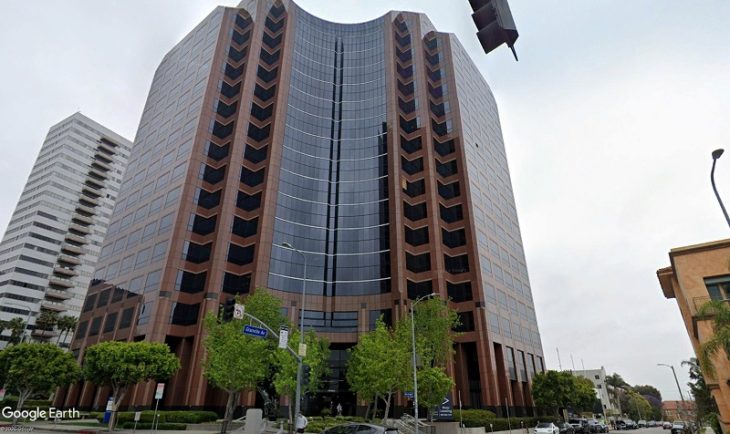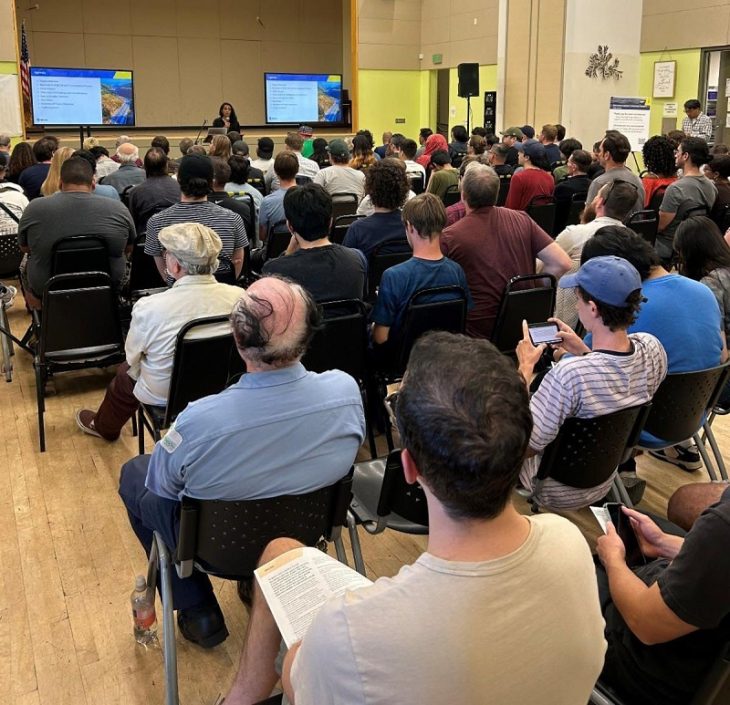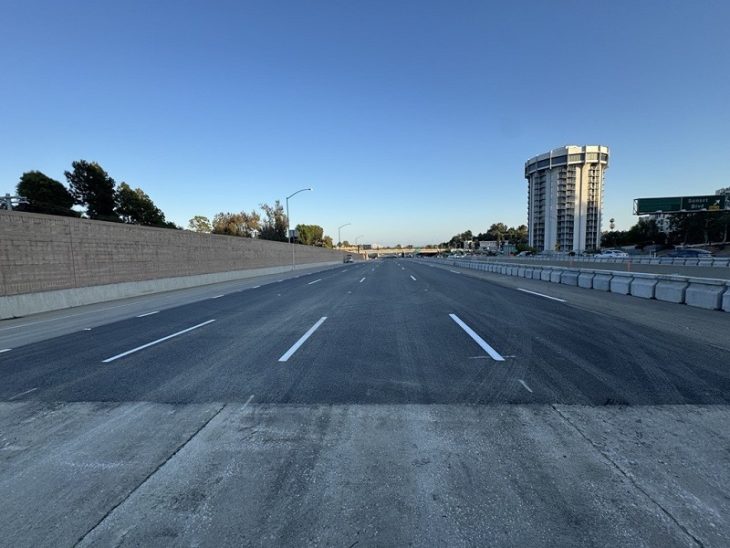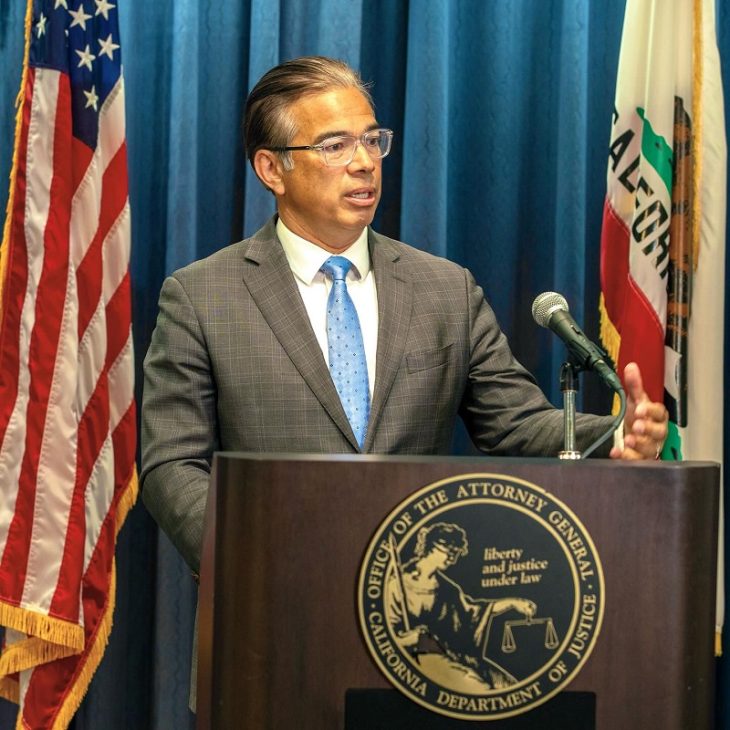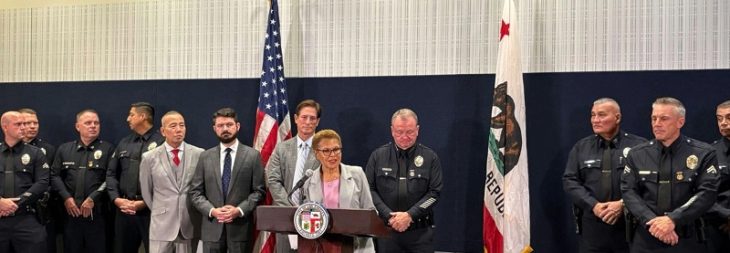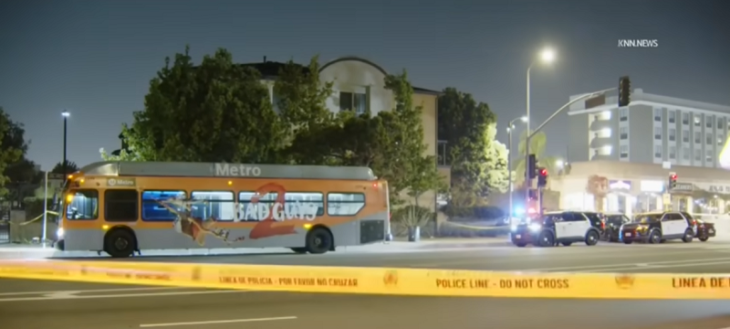
The state agency that enforces public access to Southland beaches now has some legal teeth, as a result of a last-minute amendment to the new state budget allowing the government arm to better regulate fake “No Parking” signs.
The new law allows the Coastal Commission to issue fines against oceanfront homeowners who put up fake “No Parking” signs’ or otherwise impede access to California’s beaches, all of which are public property below the high tide line.
Assembly Speaker Toni Atkins, D-San Diego, attached a rider to California’s $108 billion budget, which was passed by the Assembly and signed by the governor on June 20.
The rider has, upon Friday’s signature of Gov. Jerry Brown, given the California Coastal Commission the power to assess fines against landowners who illegally restrict public access to beaches.
For the past 38 years, the only way the Coastal Commission could enforce access rules was to file lawsuits. That caused an enormous backlog of cases and allowed some oceanfront residents to flout the laws for decades, beach access advocates said.
Fines assessed by the Coastal Commission will still be subject to administrative hearings and court review.
But property rights advocates have cried foul, and said the new law puts an unfair burden on property owners. It’s “a significant game-changer,” said Damien Schiff, an attorney at the Pacific Legal Foundation.
“A lot of property owners would say the potential downside risk – the value of the penalties and the costs of litigating – could be so high that, even if that property owner was 100 percent certain he’s right on the law, it wouldn’t be worth it to him,” he told the Bay Area News Group newspapers in San Francisco.
The new law is significantly narrower than an original bill carried by the San Diego-based Assembly Speaker. The Coastal Commission can only levy fines for beach access abuse, not for building without permits or damaging wetlands.
The commission staff will still have to go to court to win fines for cases other than access restrictions.






